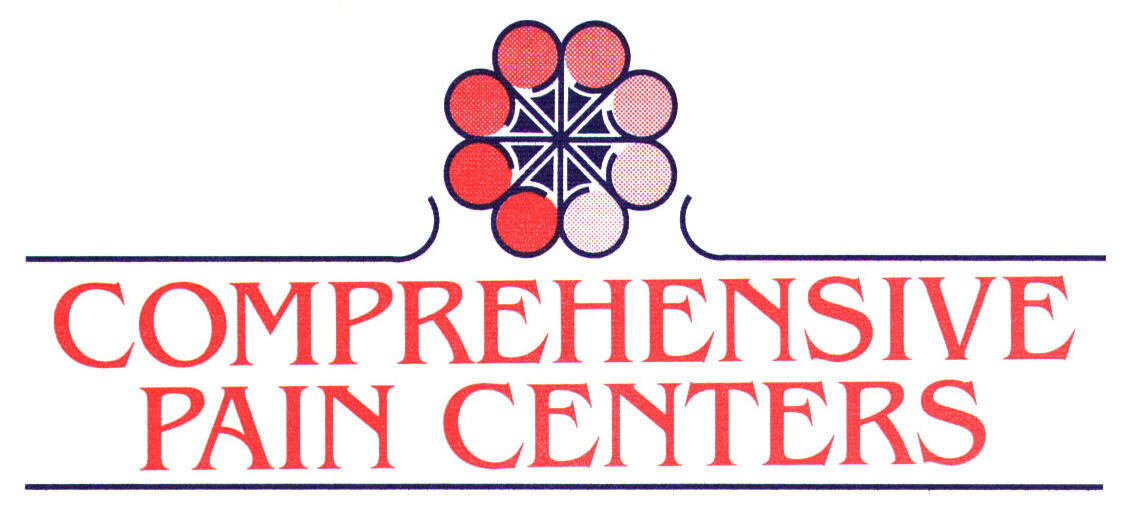Pain Medication and Constipation
Constipation may be embarrassing to discuss. However, it is very important for your care and comfort.
Constipation is the passage of hard, dry stools less often than the person’s usual bowel pattern. Individuals and healthcare providers may differ in their thoughts of what is considered constipation. Frequency of bowel movements (BM’s) is not the most critical factor. Comfort having BM’s is the important factor. It varies how often a person has a BM. Normal BM’s can range from 3 BMs per day to 3 per week. Opioids (such as morphine) are medications that are used for the relief of pain. Opioids also slow the movement of the bowel which leads to constipation. Constipation during opioid therapy is very common.
A plan to prevent this should be started as soon as these medications are prescribed. Laxatives should be taken as regularly as the opioids. For example, if person take opioids daily, he or she should also take laxatives daily. Your care team should discuss this with you.
What are the signs and symptoms of constipation?
Less frequent stool, dry hard stools, straining during bowel movement
Incomplete passage of stool
Bloating and swelling of the abdomen
Cramping, nausea, vomiting, reflux/heartburn
Any of the above symptoms with small smeary or liquid stools (the liquid moves around constipated masses of stool and does not count as a BM)
So, what should you report to your care team?
Keep a record of your BM’s. List the day and time of your BM. Describe what the stool looked like and if you had any problems during the BM
Change in the frequency of bowel movements
Change in stool: consistency of stool (hard, soft, liquid), smaller size, oozing liquid
stool
Urge but inability to pass stool or rectal fullness or pressure
Change in the amount of gas passed rectally
Constipation may worsen if you are not drinking enough liquids. If you are not able to
drink enough fluids talk to your hospice and palliative team
It is important to tell your team if you are taking any over the counter medications or if
there have been any medication changes made since the last visit. Many medications can make constipation worse.
Abdominal symptoms (bloating/swelling, distention, cramping, nausea, vomiting, reflux/heartburn, gas)
Problems with passing stool (straining, incomplete passage of stool or diarrhea, hemorrhoidal pain or bleeding)
It may be helpful to keep a record of power movements. A person taking opioids should have BM at least every 2-3 days. The stools should not be hard or cause strain. Comfort when having a BM is important.
What may help with opioid induced constipation?
Stool softeners and laxatives are medications used for constipation. It is important to have stool softeners and laxatives prescribed at the same time the pain medication is prescribed. It may take a few changes to find the right combinations of medications that work best for you
Drink 8 glasses of fluid per day if able
Include natural fiber from fruits and vegetables in your diet
Drink warm fluids with or after meals to stimulate the bowel
Exercise if able. Walk or sit upright after meals. This helps with digestion
“Train” your bowels by sitting on the toilet at the same time daily
Do not fight the urge to have a BM even if in a public restroom
Managing constipation is key. A plan to prevent constipation caused by opioids (pain medication) should be started as soon as these medications are prescribed, especially if the medication may be a longterm solution to chronic pain. It is important not to stop taking the pain medication because of the constipation. Talk with the health care team about what will work best for you.
